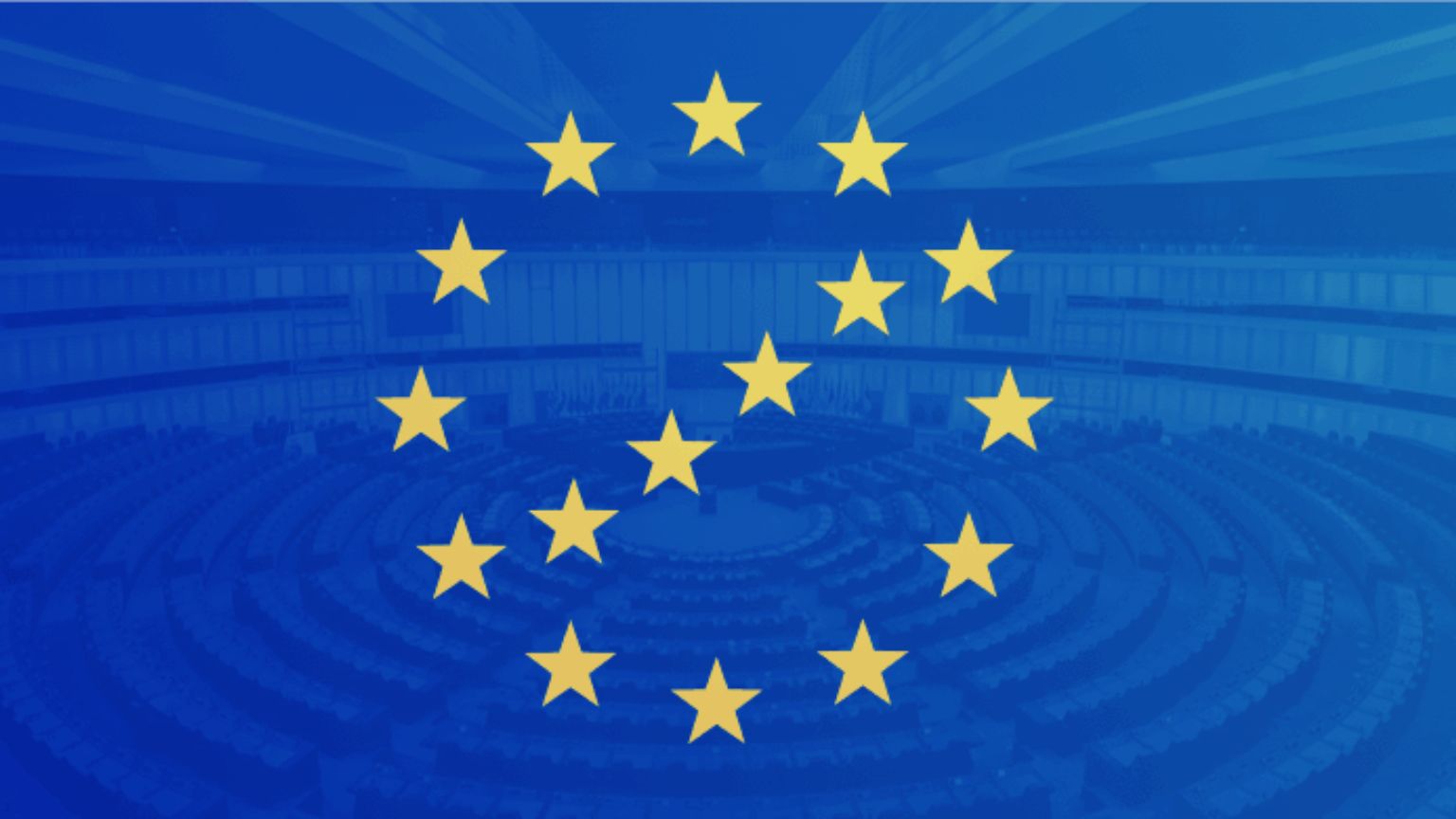The EU is working on its own DNS resolver, dubbed DNS4EU. The purpose of the resolver is to provide an alternative to the popular resolvers based in the US and to questionably provide security and privacy to users, and to block websites.
When you visit a website, you use its domain name. But your computer needs to know the IP address of the website you are using. And that’s where DNS resolvers come in.
Most ISPs operate their own DNS resolvers, but there are popular third-party resolvers, such as Google, Norton, Cloudflare, and OpenDNS (all based in the US).
The EU has proposed creating its own resolver, DNS4EU, as an alternative to the US-based resolvers.
Last week, it published calls for proposals for DNS4EU, which provide some details on what the government-run DNS resolver will do.
We obtained a copy of the proposals for you here.
The project overview insists on consumer protection and privacy.
“DNS4EU shall offer a high level of resilience, global and EU-specific cybersecurity protection, data protection and privacy according to EU rules, ensure that DNS resolution data are processed in Europe and personal data are not monetised,” the EU writes in its overview.
The language in the call for proposals also focuses on filtering of malware, phishing, and other threats to protect internet users.
To ensure privacy, the proposed DNS resolver will not monetize the data it collects. Additionally, it is supposed to comply with privacy regulations, such as the GDPR.
The project also states that the resolver will be used by Internet backbone networks handling traffic within, to and from Europe. Therein lies a huge problem.
The internet backbone networks are part of global traffic routes, meaning interrupting them could impact people outside of Europe.
In 2017, multiple websites around the globe were blocked because Internet backbone network Cogent, removed several Cloudflare IP addresses to comply with a court order in Italy.
Details are scarce, but it appears the EU also wants a resolve that can block “illegal content.”
The document states: “Filtering of URLs leading to illegal content based on legal requirements applicable in the EU or in national jurisdictions (e.g. based on court orders), in full compliance with EU rules.”













